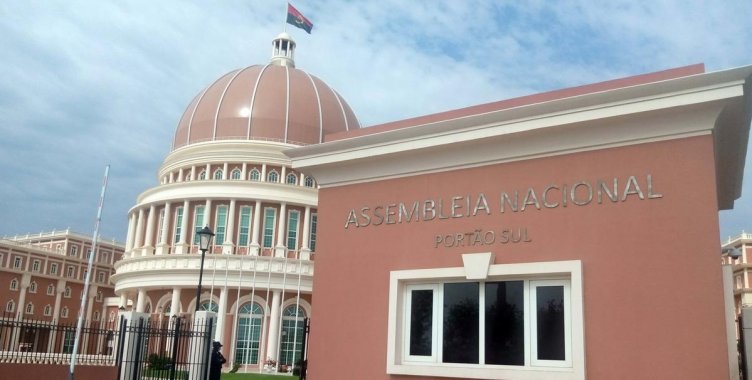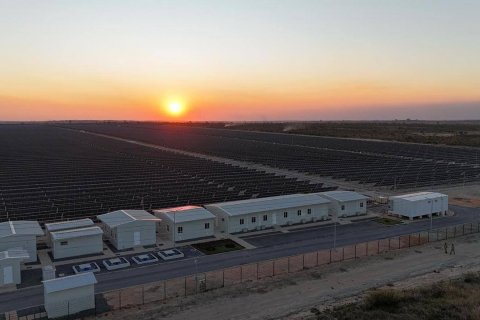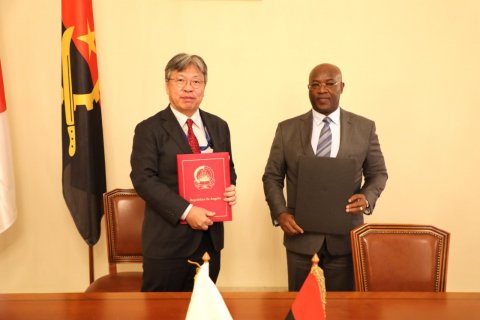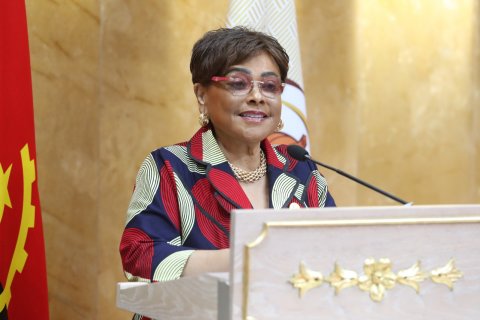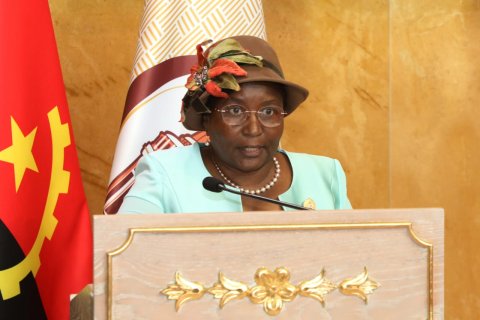Both requests, signed by the president of the parliamentary group of the National Union for the Total Independence of Angola (UNITA), were presented this Thursday at the beginning of the plenary meeting, having received votes against from the parliamentary majority (MPLA).
For UNITA, the general civil service strike, the first phase of which runs until Friday, "is a matter of relevant and urgent political interest", but this did not deserve a favorable vote for discussion in the plenary.
According to the request, presented by the first secretary of parliament, Manuel Lopes Dembo, since 2014, workers have lost purchasing power year after year, which relegates them to a "progressively more precarious" living condition.
UNITA understands that the Government's fiscal policy, embodied in the increase in taxes, introduction of Value Added Tax (VAT) and increase in Labor Income Tax (IRT) rates, an exchange rate policy that resulted in the sharp devaluation of the kwanza and a policy that aimed to abruptly remove fuel subsidies "did not achieve the intended results".
"Far from contributing to the improvement of workers' living conditions, it further worsened it, as it resulted in a sharp reduction in income, concomitantly with a general increase in basic food basket products", he pointed out.
The aforementioned situation "generated widespread discontent among the population in general and workers in particular, which gave rise to a broad movement of demands that culminated in the declaration of the first general workers' strike in Angola".
Força Sindical, União Nacional dos Trabalhadores de Angola – Confederação Sindical (UNTA-CS) and Central Geral de Sindicatos Independentes e Livres de Angola (CGSILA) are the three unions that called for a general strike demanding an increase in public sector salaries, increase in the national minimum wage and reduction of the IRT to 15 percent.
The UNITA parliamentary group considers that if the strike continues "it will have harmful consequences for citizens, the economy and the sustainable development of Angola".
The request submitted for discussion at this Thursday's plenary session was rejected with 69 votes in favor and 95 votes against.
UNITA argued that the debate would identify the main causes of the strike and the political, economic and social consequences, encourage social consultation between the executive and trade unions, propose sustainable political, economic and social solutions and others.
The plenary of the National Assembly also refused to discuss UNITA's request for votes to welcome social consultation, which aimed to welcome and encourage trade union associations to continue with determination the fight to defend the rights and interests of workers.
UNITA also argues, in this request, that the country needs to discuss in depth, transparency and human sensitivity the causes and consequences of the national strike so that an equitable, economically viable and socially fair solution can be found.
The trade unions began by demanding an increase in the minimum wage from the current 32,000 kwanzas, to 245,000 kwanzas, a "flexible" proposal, meanwhile, to 100,000 kwanzas, a reduction in the Labor Income Tax to 15 percent and a representative on the board of directors of the National Institute of Social Security, "demands" that they say were rejected by the authorities in six rounds of negotiations.
The union centrals' proposals "are reasonable", UNITA also pointed out.

